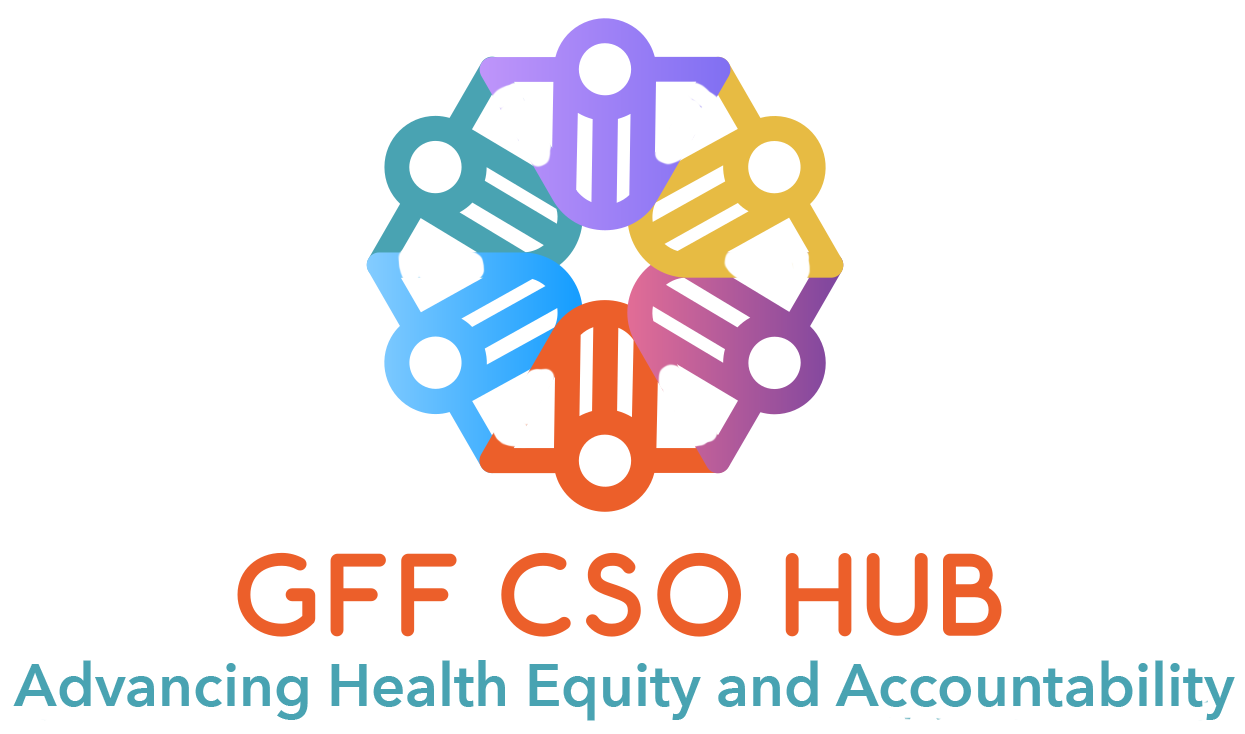Building an Investment Case for RMNCAH+N in Malawi
This presentation gives an in-depth explanation into the process of forming an Investment Case, and while being specifically aimed towards Malawi, provides information for any present or future GFF Country.
Type: Resources
Category: Health Financing, Investment
The GFF’s Contribution To Domestic Resource Mobilization For Health And Nutrition
Public spending for health is central to sustaining progress towards universal health coverage. How does the GFF support governments in mobilizing domestic resources for reproductive, maternal, newborn, child and adolescent health and nutrition? Efforts to strengthen domestic resource mobilization are at the core of the GFF approach. This Fact Sheet delves into domestic resource mobilization […]
Type: Resources
Category: Health Financing
The analysis of Tanzania performance on strengthening primary healthcare for results in RMNCAH
This analytical report examines the performance of Tanzania on the implementation of “Strengthening Primary Health Care for Results – PHCforR (P152736)”.
Type: Resources
Category: Maternal and Child Health
Health Sector Strategic Plan II (2017-2022): Malawi
The Health Sector Strategic Plan II (HSSP II) 2017-2022 is the health sector’s medium term strategic plan outlining objectives and activities and guiding resources over the period 2017-2022, and serves as the Investment Case for Malawi. It succeeds the HSSP I (2011-2016). The goal of the HSSP II is to achieve universal health coverage of […]
Type: Resources
Category: Abortion, Adolescent Health, Civil Registration and Vital Statistics (CRVS), Civil Society, Family Planning & Contraception, Maternal and Child Health, Nutrition, Private Sector, Results-based Financing, UHC
The GFF Investment Case in Priority Countries: Why, What, How and Beyond
This presentation takes a in-depth look at Investment Cases in the GFF, explaining how they are created, what they consist of, and how they function. It also presents basic data on Investment Cases in some GFF Countries as examples.
Type: Resources
Category: Health Financing, Investment
The Global Financing Facility and Family Planning
To better understand the role of the GFF in filling funding gaps for family planning and contraceptive procurement, PAI analyzed the first four published investment cases as well as the project appraisal documents (PADs) for Kenya, Tanzania, Ethiopia and Uganda, specifically regarding their commitment to family planning and contraceptive procurement within these documents.
Type: Resources
Category: Family Planning & Contraception
GFF Updates CSO Meeting
This slideshow outlines the state of Investment Cases as of June 2016 regarding eleven GFF countries- Cameroon, DRC, Ethiopia, Kenya, Liberia, Mozambique, Tanzania, Uganda, Nigeria, Senegal, and Bangladesh.
Type: Resources
Category: Health Financing, Investment
Family Planning 2020 GFF Meeting
This slideshow outlines the FP2020 Meeting on March 8th, 2016, which went in depth about the lending process through the World Bank for GFF countries. In addition, the structure of the World Bank is explained, and next steps for the project development process are displayed.
Type: Resources
Category: Health Financing, Investment
Kenya Reproductive, Maternal, Newborn, Child And Adolescent Health (RMNCAH) Investment Framework
This report presents Kenya’s Reproductive Maternal Neonatal Child and Adolescent Health (RMNCAH) Investment Framework for Kenya to realize the Vision 2030, the Constitution of 2010 and the Health Sector Strategic and Investment Plan 2014-18 and Sustainable Development Goals (SDGs). This investment framework presents a prioritized set of smart interventions that could be scaled up during […]
Type: Resources
Category: Abortion, Adolescent Health, Civil Registration and Vital Statistics (CRVS), Family Planning & Contraception, HIV/AIDS, Investment, Maternal and Child Health, Nutrition, Sexual and Reproductive Health & Rights
Health Sector Transformation Plan: Ethiopia
In the past two decades, the Government of Ethiopia has invested heavily in health system strengthening guided by its pro-poor policies and strategies resulting in significant gains in improving the health status of Ethiopians. Though good trends are observed, the country is still facing a triple burden of diseases consisting of communicable diseases, non-communicable diseases […]
Type: Resources
Category: Abortion, Adolescent Health, Family Planning & Contraception, HIV/AIDS, Maternal and Child Health, Nutrition, Sexual and Reproductive Health & Rights
